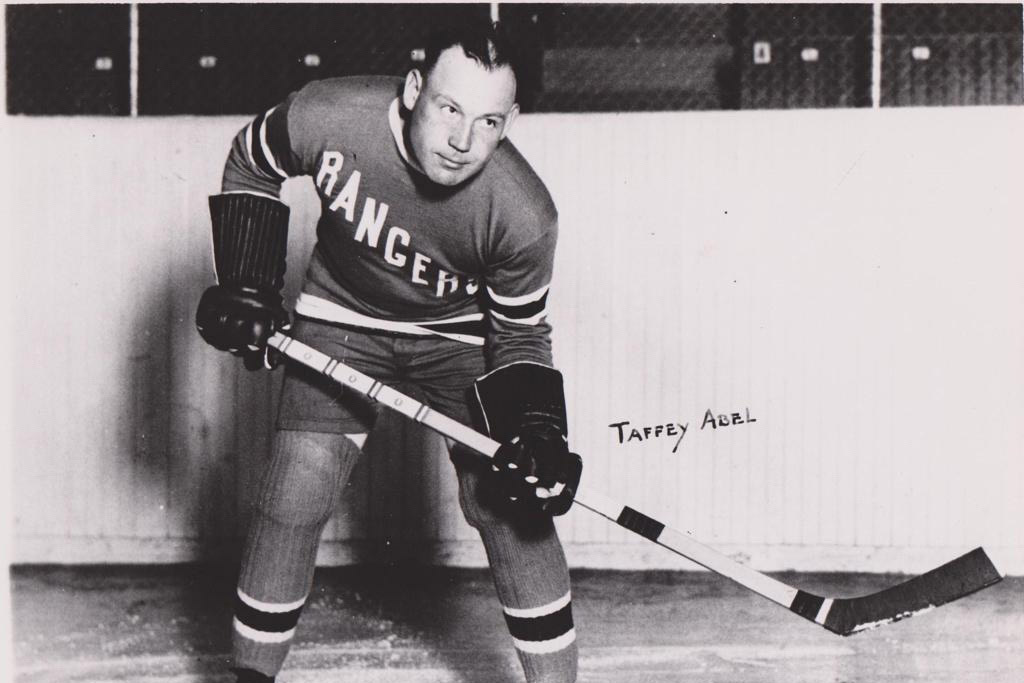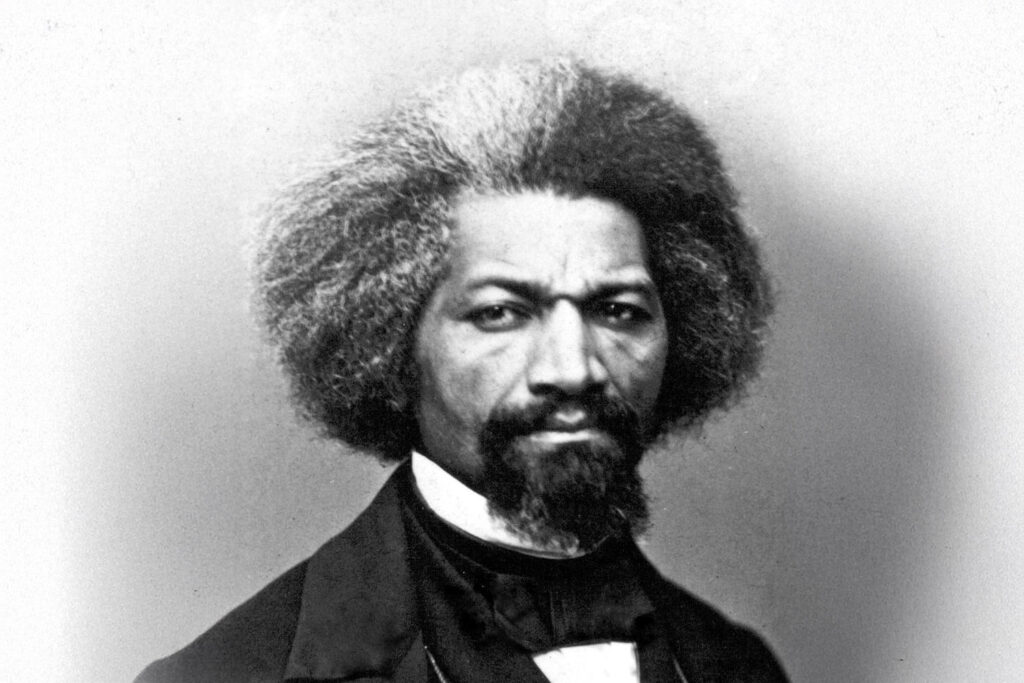When I was a cub reporter at The New York Times, I was talking with an editor about a strike at an auto-parts plant in Flint. There was some story in the paper that day about workers who were spending their idle time antique shopping and speeding around the lakes in their powerboats.
I complained to the editor.
“Since when is it bad to have a boat and make good money?” I asked.
The editor, a smart guy with a weak chin and wire-rimmed glasses, put his palm to his nose and said: “Those people had about this much foresight. They should have seen the writing on the wall and gone to college.”
That’s what he said.
But if we were all poets, we’d starve on words.
That was more than 25 years ago, just as NAFTA began to kick in, and I can’t help remembering it now as Labor Day approaches.
Look around. That plant in Flint is long-gone, for one. A casualty of the global thirst for profits. And with the factories gone, legions of First-World workers in America have become a generation of second-hand shoppers as Third-World workers have flowed in.
As the work in America has changed, so too has the definition of work itself. Being a white-collar worker now means you have a bachelor’s degree, even if you work in a coffee shop rather than an office with a desk and a chair and a mug.
The definition of blue collar now means that you don’t have a college degree, even if you sit at home typing in your underpants while drinking cappuccinos.
Notice today how the chattering class of cable TV refers to people as the “working-class” rather than “middle class”?
I don’t know if Trump’s tariffs will bring the good work back home to America. But it’s worth trying. The UAW thinks so. The Teamsters think so. Without the unions there would be no Labor Day. No great American Middle Class. No shack on the water. Championing those used to be a Democratic Party thing.
The so-called experts—those who have never physically labored I might add—are ginning up anxiety over the rising prices of automobiles should the tariffs fully go into effect. It may happen.
But the Manhattan editors never speak about the price of labor, the cost to a person who has married his life to a machine but is unable to afford the product he’s built.
A person should earn a good wage. A house and a car. A shack and a boat. We used to have that here in Michigan, and our companies still made profits. Now the companies make more profit somewhere else, while our shacks on the water have been repossessed.
We want it back. Words won’t get us that. Only work will get us that. Work for a fair wage.
Charlie LeDuff is a reporter educated in public schools. Follow him on X @Charlieleduff.


